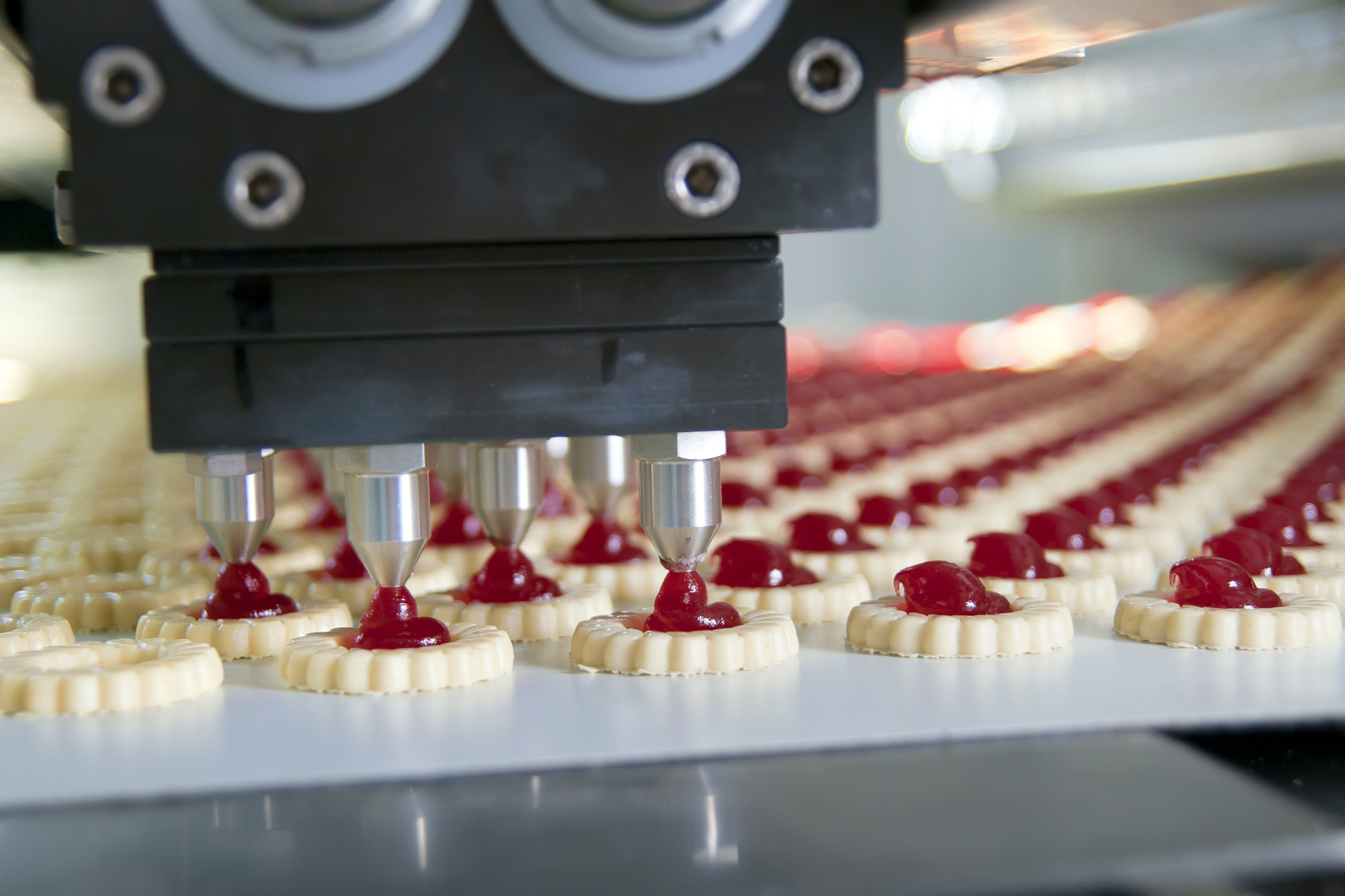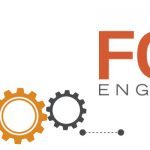Engineering in food industries
To train professionals with solid scientific, technological bases, with ethical attitudes and aptitudes; capable of designing, managing, developing, controlling and innovating production systems in the food industry, oriented in a sustainable and comprehensive manner at the regional, national and international levels.
Food Engineering Profile
1) Design, create, apply, optimize, analyze and evaluate industrial food production systems.
2) Create and use sustainable technology in the food industry, reducing the environmental impact.
3) Plan and operate food industries in a sustainability approach.
4) Develop and apply traditional, emerging techniques and microbiological procedures for the conservation of foods, according to their functional properties.
5) Evaluate the materials for the design of the packaging according to the processing conditions and physical and chemical characteristics of the food.
6) Inspect, evaluate and control the safety of food, equipment and process facilities while maintaining quality, safety and trace ability.
7) Use basic concepts of probability and statistical control for the resolution inherent in the quality of the product.
8) Design, develop, manage and undertake quality systems, world class in the food sector.
9) Inspect, evaluate and control a production process or finished product through the application of physicochemical evaluation techniques and instrumental analysis.
10) Adopt, adapt, transfer and innovate technologies for the transformation of food.
11) Analyze, develop, undertake and evaluate innovative products with nutritional, functional and nutraceutical attributes.
12) Develop technologies for the generation of alternative energies from food products and by-products.
13) Undertake, formulate, execute and evaluate business plans; consultancy, and expertise oriented to the creation of companies.
14) Design and provide training courses related to topics of the food industry in general.
15) Analyze and apply the main concepts and tools of the administration and economy, which allow the optimal distribution and use of resources.
16) Develop leadership skills and oral and written communication for professional performance.
17) Perform professionally, with an entrepreneurial spirit and ethical commitment, with himself, collaborators, society and their environment.
18) Organize and carry out inter and multidisciplinary work in changing situations and multicultural environments.
19) Master a second language, which allows you to integrate and strengthen your professional skills.
20) Establish strategies to address market niches through the marketing and logistics of food distribution.







Leave a Reply